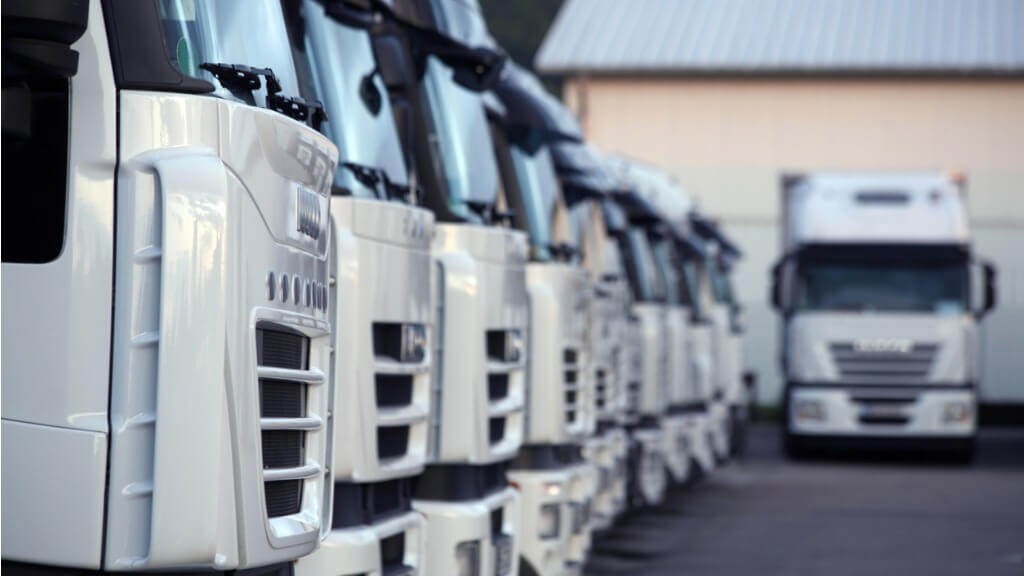
The impact of heavy duty intercooler boots on fuel consumption is significant for those operating heavy-duty trucks. One of the primary benefits of upgrading to these intercooler boots is an improvement in fuel economy. By ensuring better seal integrity, these boots reduce the likelihood of boost leaks. This enhances engine efficiency, translating to lower fuel consumption.
Moreover, heavy duty intercooler boots can also contribute to reduced emissions. When the engine operates more efficiently, it burns fuel more completely, leading to fewer harmful emissions. This is particularly relevant for those looking to meet stringent environmental regulations while maintaining optimal vehicle performance.
Key Takeaways
- Heavy duty intercooler boots improve fuel economy.
- Better engine efficiency reduces harmful emissions.
- Upgraded kits enhance the durability of heavy-duty trucks.
Technological Advances in Heavy-Duty Intercoolers
Recent advancements in heavy-duty intercoolers focus on improving fuel efficiency and reducing exhaust emissions. Innovations in materials, design, and the use of intercooler boots are pivotal to enhancing overall engine performance.
Role of Intercooler Boots in Diesel Engines
Intercooler boots are vital in connecting various components within a turbocharged diesel engine. These boots must withstand high temperatures and pressures, ensuring minimal air leakage.
Improved intercooler boots help maintain optimal engine speed and enhance fuel efficiency by ensuring that the compressed air remains at the correct temperature. This supports better combustion and reduces resistance within the engine.
Heavy-duty diesel trucks benefit significantly from these advancements, showing marked improvements in both fuel consumption and vehicle speed.
Materials and Design for Peak Performance
Innovations in materials and design play a significant role in enhancing the performance of heavy-duty intercoolers. Modern intercoolers employ high-strength, lightweight materials such as aluminum and specialized polymers.
These materials improve the durability and efficiency of the intercooler, enabling it to handle greater thermal loads and pressure without compromising performance. Advanced design techniques optimize the airflow and heat exchange within the intercooler, leading to better energy consumption.
This is particularly crucial for heavy-duty diesel engines, where maximizing power output while minimizing fuel consumption is essential.
Impact on Exhaust Emissions
Advanced heavy-duty intercoolers significantly impact exhaust emissions, including HC and NOx emissions. By improving the efficiency of the intercooling process, these systems lower the temperature of intake air, which leads to more efficient combustion.
Reduced combustion temperatures result in lower NOx emissions, a primary pollutant in diesel engine exhaust. Additionally, improved intercooler designs can support exhaust gas recirculation (EGR) systems, further decreasing pollution.
These enhancements contribute to a reduction in overall exhaust emissions, making heavy-duty diesel trucks more environmentally friendly.
Environmental and Economic Implications
Intercooler boots in heavy-duty vehicles play a significant role in enhancing fuel economy and managing fuel consumption rates. They also intersect with policy and industry standards, affecting the broader landscape of freight and transport efficiency.
Effects on Fuel Economy and Consumption Rate
Intercooler boots help improve air compression efficiency, which in turn enhances fuel economy for heavy-duty vehicles. Properly functioning intercooler boots ensure that the air entering the engine is cooler, denser, and more oxygen-rich. This leads to more efficient combustion, reducing the overall fuel consumption rate.
Heavy-duty vehicles, which are often subject to rigorous acceleration and varied vehicle speeds, benefit significantly from this technology. Improved fuel economy is particularly crucial for freight transport, which consumes a substantial portion of global energy. With reduced fuel consumption, emissions such as CO2 and NOx are also minimized, making the use of intercooler boots beneficial for both the environment and operational costs.
Policy and Industry Standards
Intercooler boots are influenced by various policies and industry standards, especially in regions like the EU and China, where emissions regulations are stringent. Implementing these technologies can help meet diesel particulate filter (DPF) requirements and reduce real-world emissions.
For instance, the integration of biofuels and biodiesel with heavy-duty vehicles equipped with intercooler boots can further enhance environmental benefits. Adhering to industry standards impacts the economic viability of freight operations, as compliance can lead to cost savings through tax incentives or reduced penalties.
Standards often mandate the use of real-world emissions testing, such as portable emission measurement systems (PEMS), to ensure compliance. These regulations drive the adoption of efficient technologies that can handle the vehicle weight and variability in fuel economy needs, ensuring that the industry moves towards more sustainable practices.
Conclusion
Heavy-duty intercooler boots play a crucial role in optimizing fuel consumption for diesel engines.
They enhance throttle response and reduce turbo lag, which results in improved overall fuel efficiency.
Regular maintenance and upgrading to high-quality boots can lead to long-term fuel savings and engine performance benefits.
Investing in these components ensures better durability and reliability for heavy-duty vehicles.
Thanks for signing up to Minutehack alerts.
Brilliant editorials heading your way soon.
Okay, Thanks!